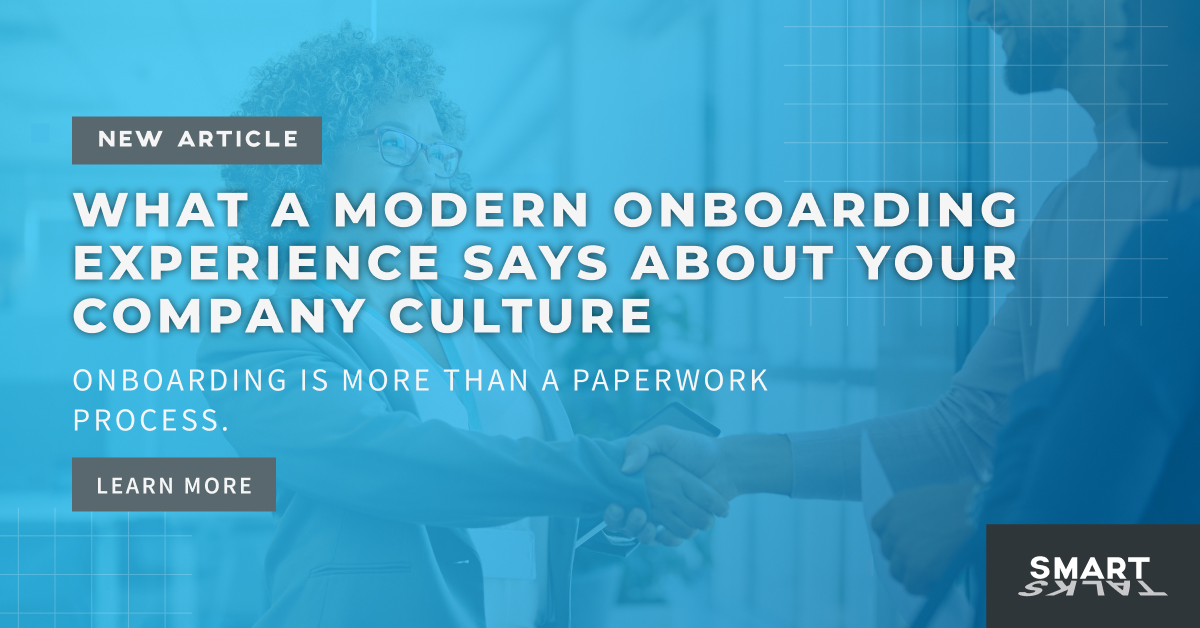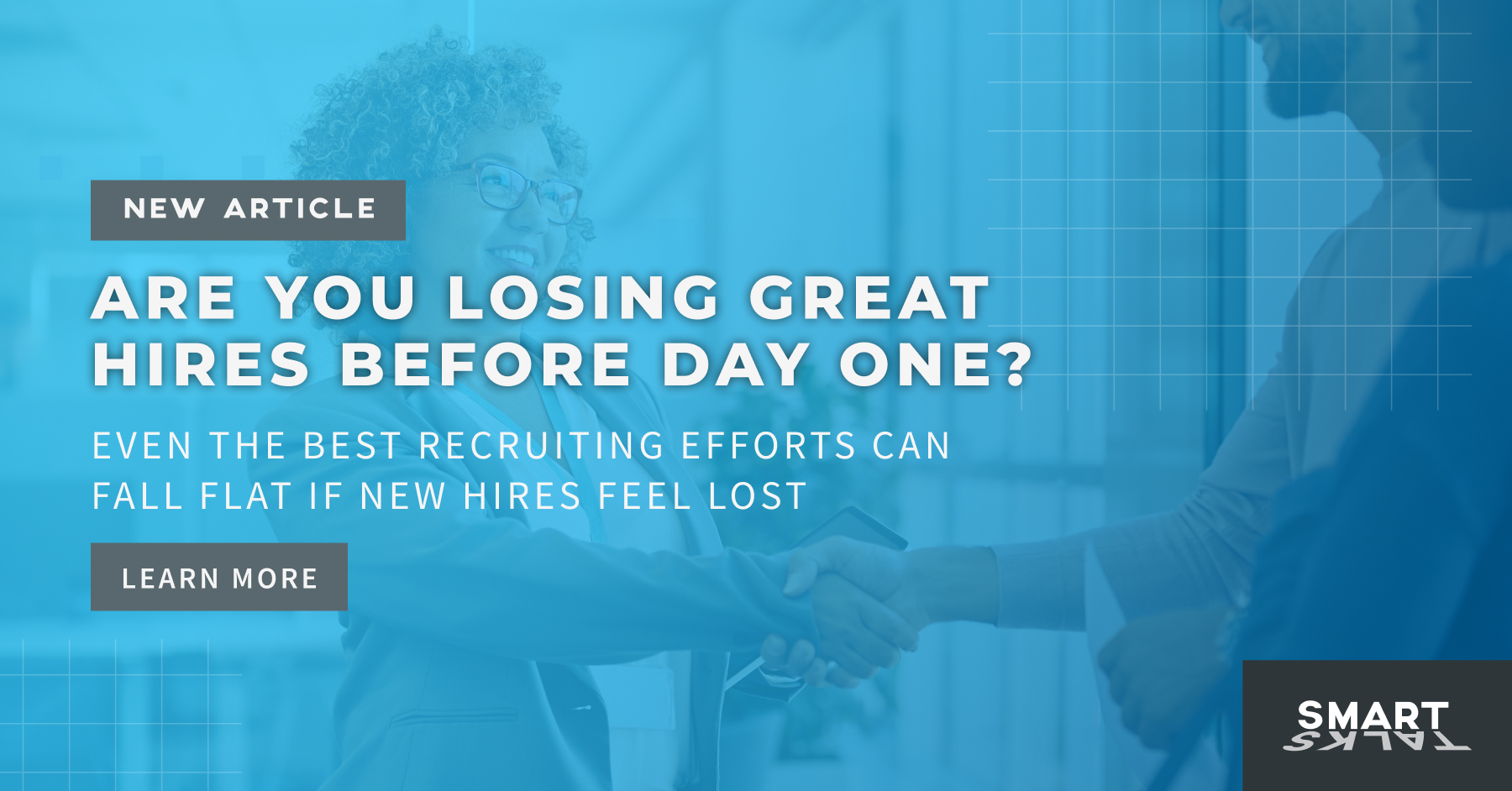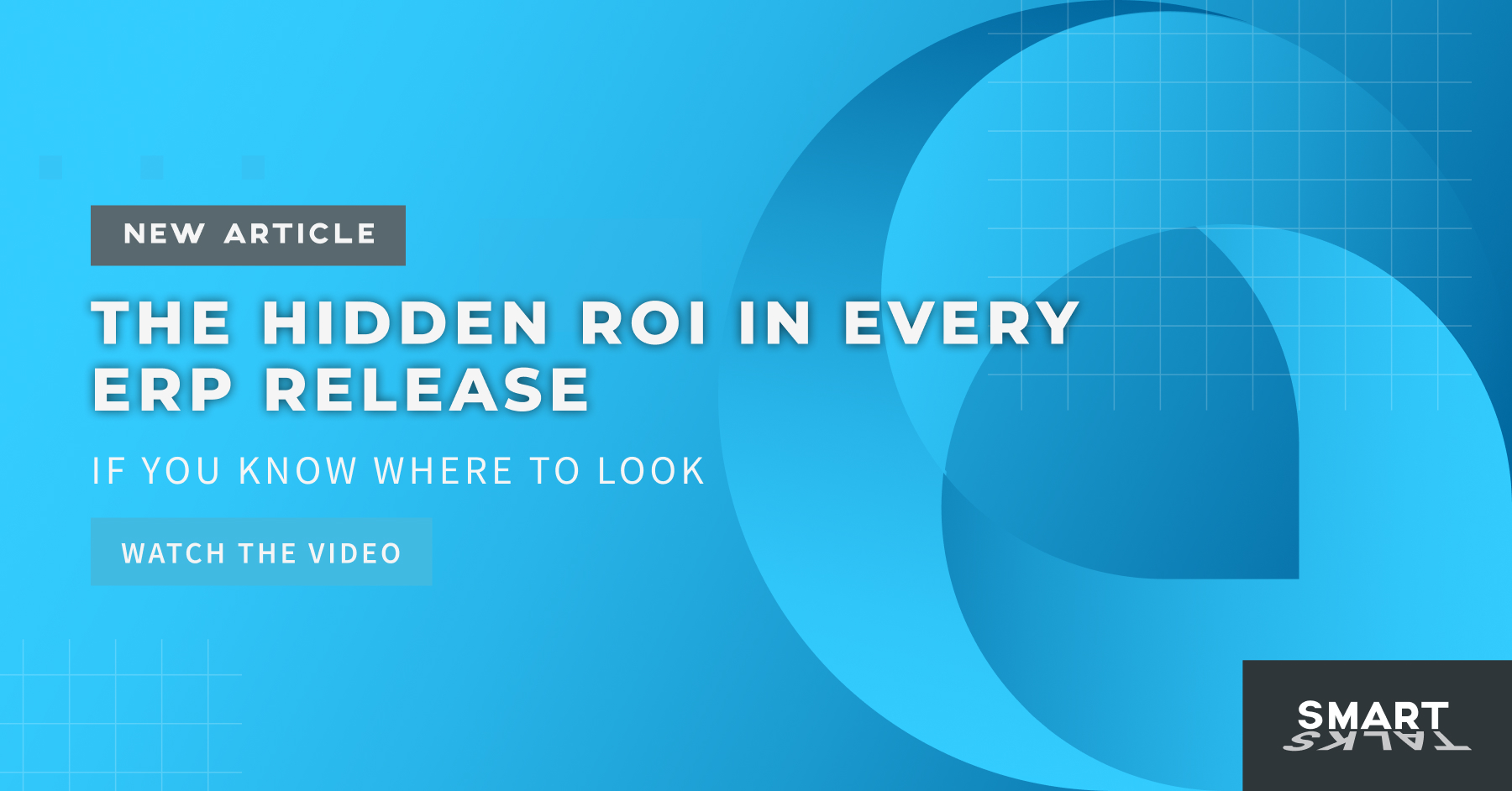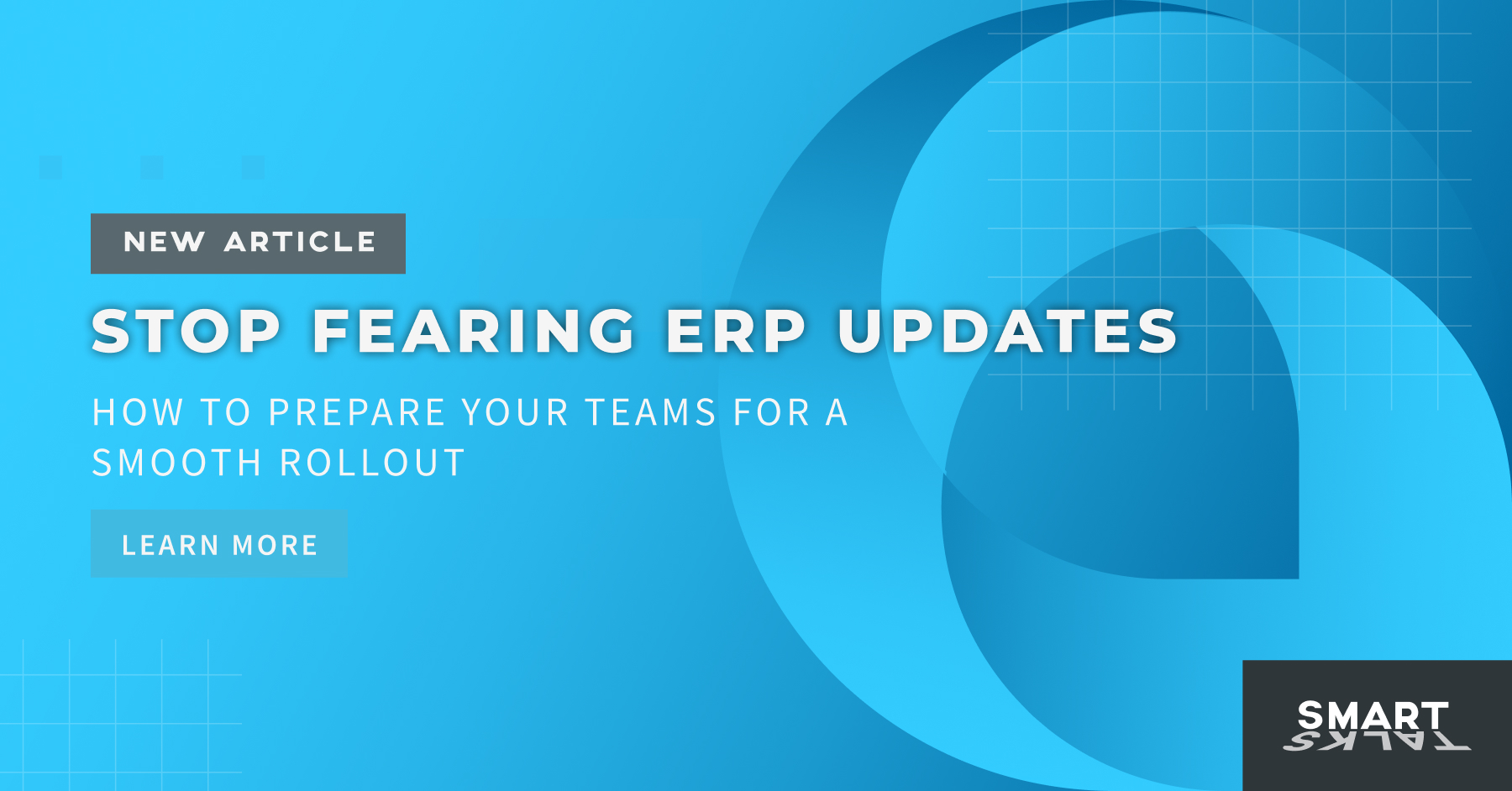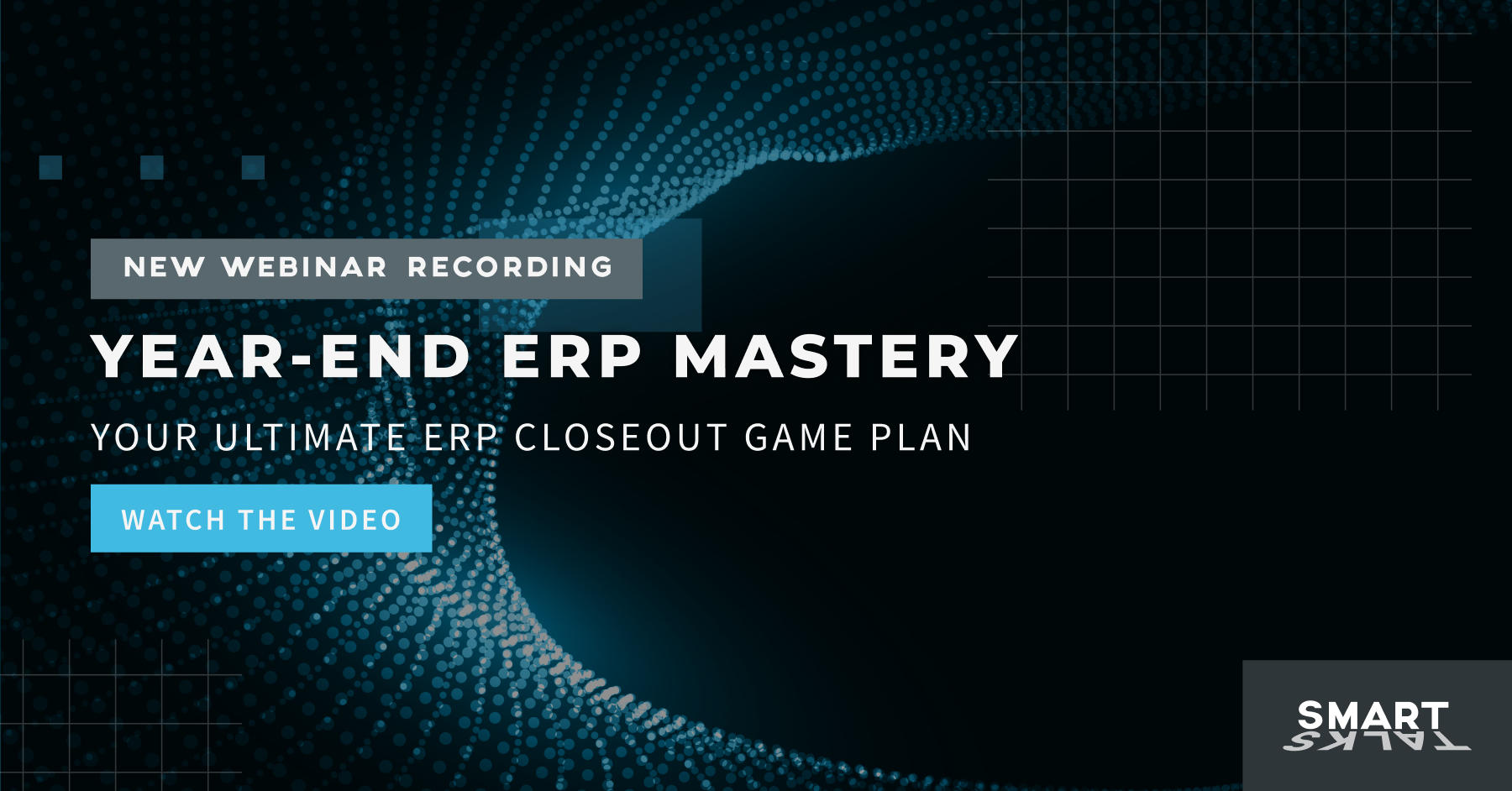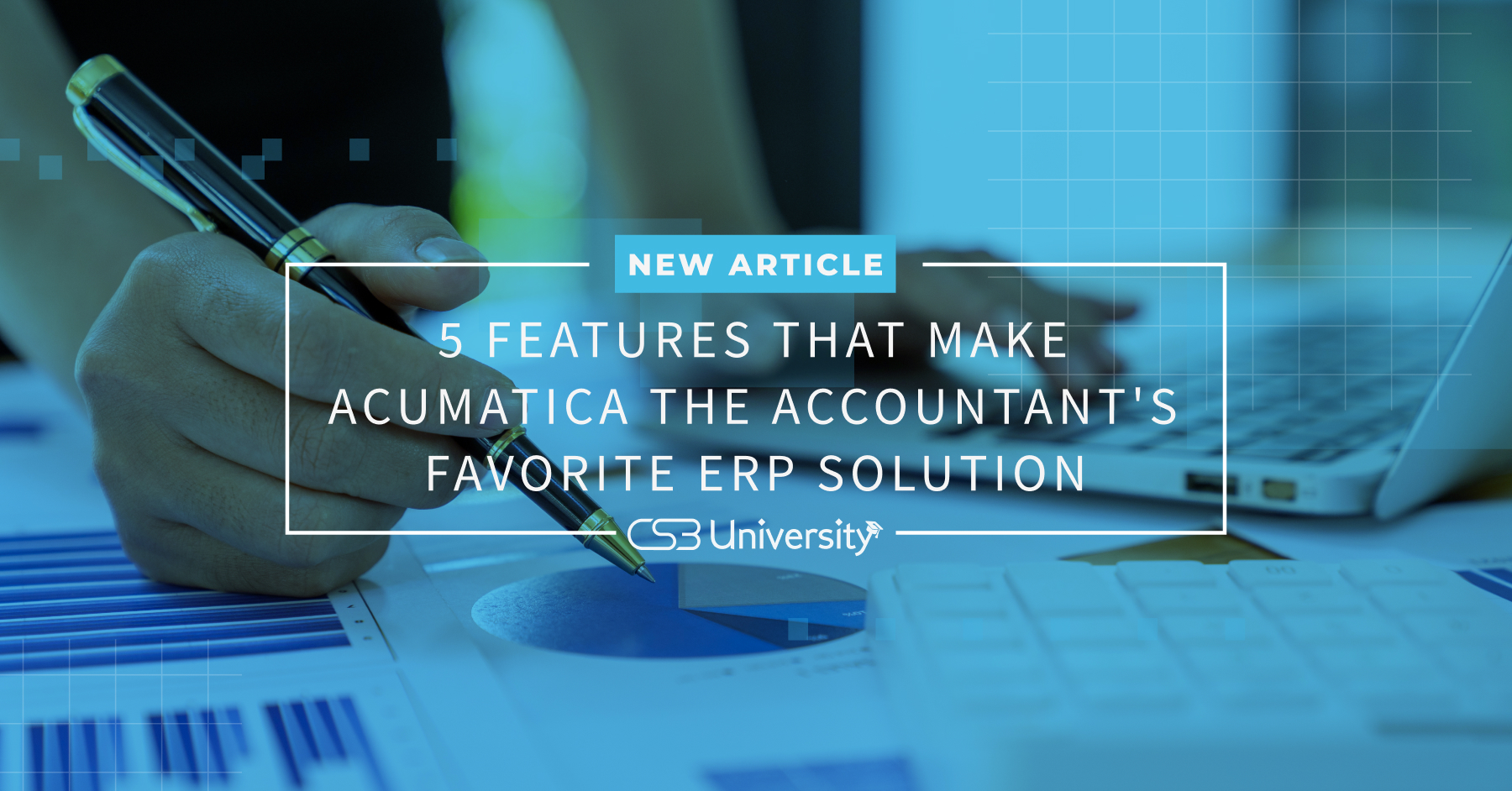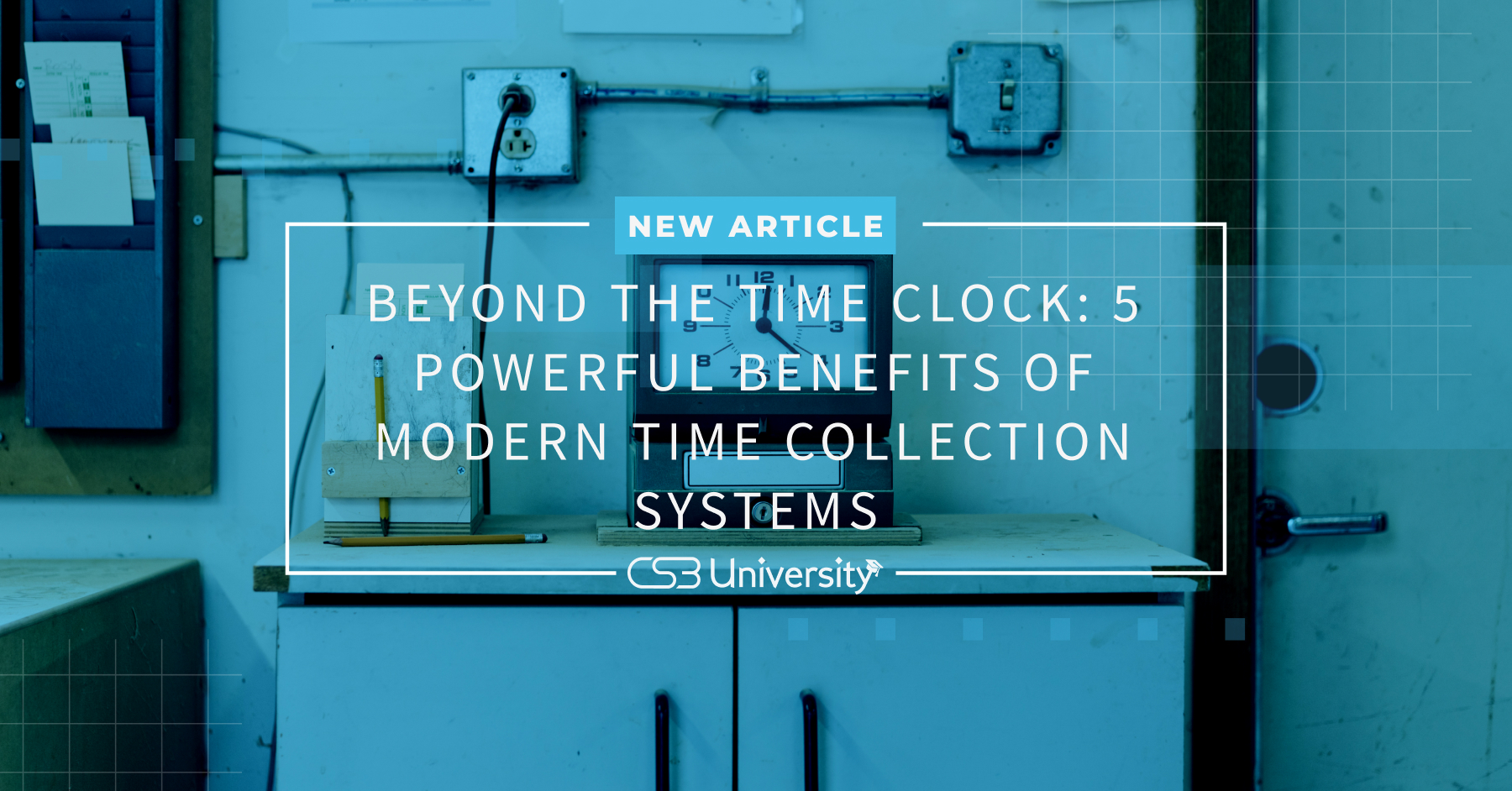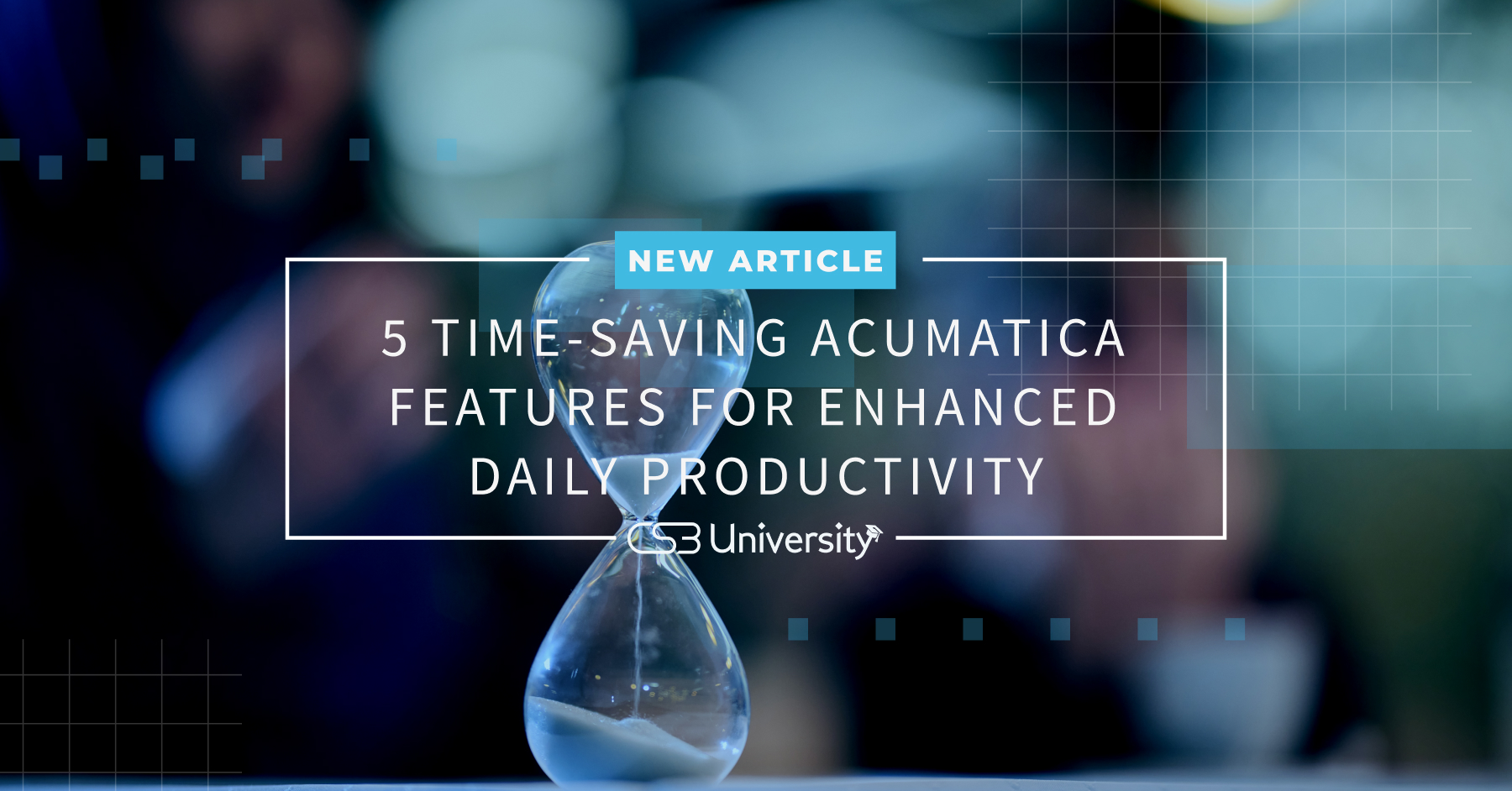Downloadable Resource
Blog
Webinar Recording
Success Story
Article
Technical Article
Video Insight
Trade Show
Webinar
Tutorial
Video Demo

ERP 24/7
Join us on
March 29, 2016

Download Now
Event Details
Price:
$
USD
Location:
Virtual
Address:
For those not familiar with “the cloud,” the term describes a kind of virtual data storage area that has no real physical base of operations – which makes for an interesting concept when storing information about people’s money. Cloud-based accounting has numerous benefits over traditional accounting, foremost among them being its lower cost. Doing business in the cloud usually means overhead expenses like rent and maintenance are lower.
Is cloud computing secure?
If done correctly, yes. In fact, cloud computing offers a level of physical and electronic security that an on-site server or a locked file cabinet can’t begin to approach. Because they can operate with large economies of scale, data centers can be surprisingly affordable, offering even smaller firms a level of security far beyond what they could achieve on their own. But all data centers are not created equal, so it’s important to be sure that the one you choose can adequately protect your data. The data center you choose should offer the following:
Physical Security
- Redundant power supplies–Cloud computing data centers have backup power supplies to run servers in case of power outages. In most cases, backup power is provided by diesel generators that can come online instantaneously in the event of a power failure and power the data center for as long as necessary until electricity is restored.
- Redundant Internet connections–Cloud computing data centers have several Internet connections that run simultaneously. If one Internet provider fails or is performing poorly, they are able to use other providers that have different Internet backbone services.
- Redundant hardware–Tier 4 data centers use multiple hard drives and other components, arranged in such a way that if one fails another can immediately and seamlessly take its place.
- Fire and flood–The data at most data centers is replicated in multiple locations. In the case of a fire, flood, or other disasters, your applications and data can be easily accessed by another computer in another location.
- Theft–Data center servers are not easily accessible. Only authorized agents have access to them, and their identity is verified using biometric measures like fingerprints and retina scans. In addition, the entire data center is monitored by surveillance cameras at all times.
What’s in it for you?
- On-demand: The most important difference you will find over on-premise systems is the flexibility of the on-demand option. Cloud options are robust yet flexible enough to handle the broad needs of various industries. You won’t have to worry about the capacity of your system since you pay for only what is used.
- Industry changes: Corporate infrastructures are changing all the time, IT especially. There is more and more pressure for IT departments to get the biggest bang for their buck. This goes hand in hand with having a flexible, on-demand system.
- Reduced Costs: The costs of hardware are allocated and spread across more units, making the total cost of ownership much lower than if you owned it yourself. With shared ownership, you can take advantage of having your infrastructure stored at a state of the art data center, and not blow your entire budget.
- Worry-free maintenance: Hardware, software, and security upgrades are handled automatically by professional data center staff. You will always have the latest and most secure technology, with no additional cost or downtime.
- Safer data: Cloud computing offers an unprecedented level of physical protection against fire, flood, data theft, and other concerns.
- Reliability: How reliable is your back-up plan? Do you have a back-up system in place in case your servers crash or the power goes out? How about a duplicate or redundant system in another location in case of serious failures? This is all planned out with cloud applications. Testing is done frequently to the back-up systems to ensure integrity and functionality. Monitoring is done 24x7x365 to make sure you have the highest possible uptime rate to access your applications.
- More frequent upgrades & add-ons: Cloud applications are easily customized with support to all modules when upgrades are performed, which ranges from one to several times a year, depending on the need or requirements. Upgrades are added to the system so that you see them when you log in, rather than having to deal with software updates on every machine.
- Integration flexibility: Legacy systems will always be in contention with cloud options. Retrofitting these systems or other 3rd party systems may take some work in the beginning, but it beats having to duel enter historical information. So instead of fighting it, have a plan to integrate the 2 options together. Cloud applications can be interfaced with existing systems so you are getting the benefits of your legacy system plus all of the advantages of moving to the cloud.
- Internet Security: How secure is your internet? SaaS options have the highest level of internet security possible with firewalls, dedicated T1 lines, with frequent patches and testing. This is far more sophisticated than most SMEs can do in-house. An added benefit is that IT staffs can now focus on managing core projects.
- Anytime/anywhere data access: All that is needed is an internet connection. The staff has connectivity on the road or after hours. Systems with mobile applications create another arm of connectivity besides a laptop. Global connectivity is available to you and all users of your system wherever your business might take you.
Working with your cloud computing provider
Trusting an outside company with something as important as your data can be a difficult adjustment for some firms. But if you choose your hosting company carefully and approach implementation with the right knowledge and expectations, the process can be surprisingly painless.
It’s a good idea to look at your relationship with your cloud computing provider as an ongoing partnership rather than a vendor-customer relationship. Considering them an extension of your business will open the lines of communication and help you build a relationship that’s mutually rewarding.
The most important thing to remember when you’re working with your cloud computing provider is that you own your data. The provider should manage the infrastructure and application availability, but they should not have access to your data without your permission.
Here’s a quick guide to the ins and outs of managing data between you and your provider:
Note: Although we are highlighting these data privacy concerns in this white paper, these concerns are not isolated to cloud computing providers as they can be issues in protecting data within your own firm.
- Your cloud computing provider may need to access your data. They should have policies in place to ask for your permission to access your data when support is needed.
- You should not assume that support personnel can access your files at will. Remember, you have the right to deny support personnel access to your data.
- Most cloud computing providers have data logs in place. So there is a record of who has accessed your data and when that access took place.
- It is important to read the privacy statements in your cloud computing provider contract agreements. These statements will outline how they maintain the privacy of your data and what measures can be taken if it is violated.
- You should ensure that your provider will not use your data for marketing or promotional activities. In such cases, you should have the ability to opt into such marketing communications.
- Remember, it’s your data, and you are ultimately responsible for your clients’ privacy.
Photo by Daria Tumanova on Unsplash

